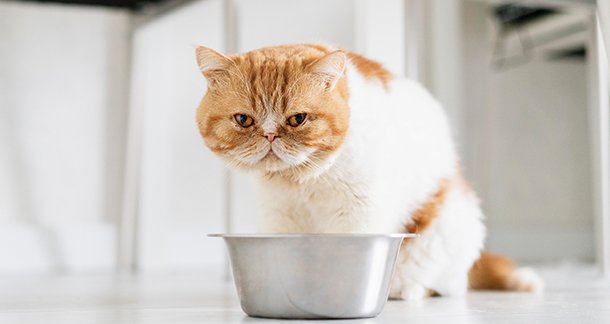Is your beloved feline experiencing difficulty when they try to relieve themselves? Do you notice traces of blood in their urine or find them using spots outside their litter box? Initially, it might seem like a routine bladder infection, but there’s often more to it.
Enter Feline Idiopathic Cystitis (FIC), a distressing condition characterized by bladder inflammation in cats. Unlike the typical urinary tract infections (UTIs) triggered by bacteria, FIC is a sterile disease. It tends to affect cats in their younger to middle-aged years, particularly those carrying some extra weight. While male cats are more susceptible, females aren’t immune to its effects.
Living with FIC can be agonizing and exasperating for cats and their caregivers. Stress is typically the underlying trigger, and the bladder serves as the primary “stress organ” for our feline friends. The bladder can become vulnerable to stress-induced thinning despite being lined with protective layers.
Unravelling the precise sources of stress for your cat can prove challenging—changes in their environment, like the introduction of new pets or a shift in residence, often act as catalysts for FIC. Other stressors may include:
- Issues with the litter box.
- Conflicts with other pets.
- Even alterations in weather patterns.
Diagnosis and Treatment
Your veterinarian will diagnose FIC by methodically ruling out other potential causes, such as UTIs or bladder stones, which exhibit similar symptoms. Treatment typically focuses on alleviating pain and inflammation through medication, sometimes incorporating anti-anxiety drugs for chronic cases. Identifying and mitigating stressors are pivotal in forestalling future occurrences.
In supporting your cat’s well-being, enhancing their environment is paramount. Encourage playful activities and designate quiet, cosy spaces for relaxation. Maintaining pristine litter boxes and exploring dietary adjustments can contribute to their comfort.
Relief from pain and inflammation is paramount for cats grappling with FIC. Treatment protocols often include anti-inflammatory medications, analgesics, and muscle relaxants to alleviate urethral spasms. Anti-anxiety medications may be prescribed for chronic cases to pre-empt future episodes. Identifying and addressing underlying stressors through environmental enrichment can help minimize recurrences and promote holistic healing, minimize recurrences and promote holistic healing.
Synthetic feline pheromones like Feliway can reduce stress, as can Ayurvedic remedies or homoeopathic treatments. Homeopathic medicine like Cystigo from Goel Vet Pharma has proven to be effective and safe in such cases

Male cats displaying symptoms of FIC face an elevated risk of urinary blockages—a grave medical emergency. If your male cat exhibits signs of difficulty urinating, seek veterinary assistance promptly to avert potential complications.
By proactively managing stress levels and crafting a nurturing environment, you can mitigate the occurrence of FIC episodes and foster the well-being of your cherished feline companion.
Preventive Measures
Encourage ample play, exploration, and interaction opportunities while ensuring solitary retreat spaces. Diligent litter box maintenance and clean, individualized food and water dishes are essential. Optimal hydration is vital for bladder health, while tailored diets may be necessary to address crystal formation or elevated pH levels. Employing synthetic feline pheromones and integrating holistic remedies can reduce stress and improve long-term well-being.
While FIC episodes may diminish with age, vigilant monitoring, appropriate medications, and environmental enhancements remain pivotal in treatment.
Identifying and addressing underlying stressors through environmental enrichment can help minimize recurrences and promote holistic healing.
A Word of Caution
Male cats exhibiting signs of FIC are susceptible to urinary blockages—a critical medical emergency. Swelling and spasms of the urethra, as well as crystal or stone formation, may precipitate blockages. If your male cat struggles to urinate, seek immediate veterinary intervention to avert potential complications.
By managing stress and keeping their space comfy, you can help prevent or ease FIC episodes and keep your cats happy and healthy.
Author
Dr. Vinay Chhabra
Co-Founder & Chief Veterinary Officer MyFurries.com
B.V.Sc & A.H. LUVAS

